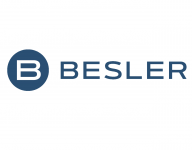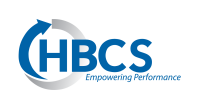Late last month, Senators Grassley (R-IA), Brown (D-OH), and Blumenthal (D-CT) introduced the Fighting the Opioid Epidemic with Sunshine Act, a bill that would expand Physician Payment Sunshine Act reporting requirements to cover payments and other transfers of value made to advance practice nurses and physician assistants. As indicated in Senator Grassley’s announcement of the bill, the Senators are tying the expansion of the Sunshine Act to addressing the opioid epidemic.
Currently, the Sunshine Act requires drug and device manufacturers to annually report of payments and transfers of value to physicians and teaching hospitals. Left out of the reporting requirements are payments or transfers of value to mid-level providers like physician assistants and advance practice nurses who also have prescriptive authority under most states’ laws. The bill would expand the definition of a “covered recipient” to include physician assistants, nurse practitioners, clinical nurse specialists, certified registered nurse anesthetists, and certified nurse-midwives.
If the bill were to pass, manufacturers would need to update their tracking and reporting systems to capture payments made to mid-level providers. Hospitals, clinics, and physician practices that currently track payments reported about their physician employees or contractors would also want to update their Sunshine Act policies to track reports made about their mid-level providers.
Additionally, the bill includes a sunset on the exclusion of NPI information from the information made publicly available in the annual release of Open Payments data. Currently, applicable manufacturers report a covered recipient’s NPI as part of their data submission, but the NPI is not included in the publicly available reports of payments.
About the Author: Kate Stewart is an associate with Mintz, Levin, Cohn, Ferris, Glovsky, and Popeo, P.C. A prior version of this blog post appeared on Mintz Levin’s healthlawpolicymatters.com















